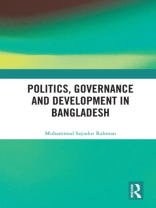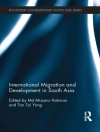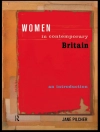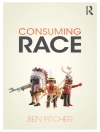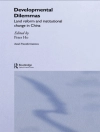This book explores the relationship between bureaucrats and elected politicians in Bangladesh and discusses how this impacts governance and development in the country from an empirical perspective. It looks at the interplay of politics and bureaucracy in ancient societies, western democracies and in the developing world while highlighting the uniqueness of the Bangladesh experience and its indigenous contexts of local governance. The author presents a historical overview of the nature of political development, shift of regimes in Bangladesh, and the role of various agents and stakeholders.
Through a detailed study, the book provides an analytical and theoretical framework to understanding the linkages between politics and bureaucracy, governance and development in South Asia and Bangladesh, with implications for geopolitics and economic growth.
This book will be of interest to scholars, researchers and students of political economy, development studies, public administration, comparative politics as well as to policymakers, bureaucrats, government bodies, and especially those concerned with Bangladesh.
